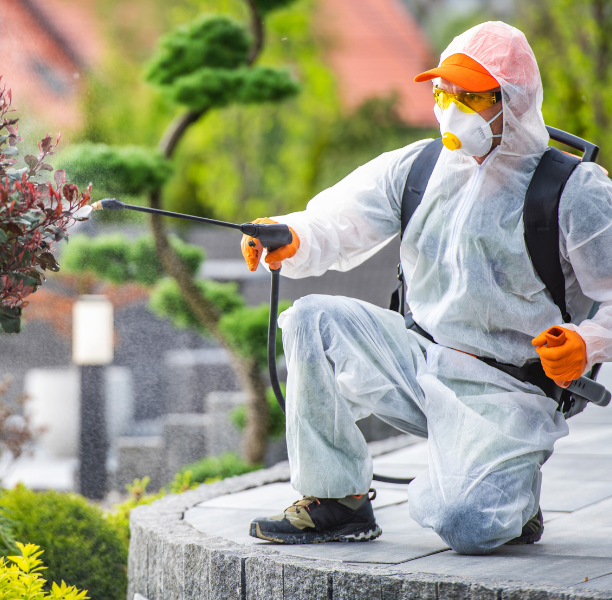Understanding Pest Control: Why Prevention is Better Than Cure

Pest control is not just about eliminating insects or rodents—it’s about maintaining a clean, healthy, and safe environment in your home or business. Whether it’s ants invading your kitchen, rodents chewing through wires, or termites silently damaging the structure of your property, pest infestations can lead to serious consequences if not addressed in time. That’s why understanding the basics of pest control and preventive strategies is essential for every homeowner and business owner.
What is Pest Control?
Pest control refers to the management or regulation of species defined as pests, typically because they are detrimental to human health, the environment, or the economy. This includes insects like cockroaches, termites, and bedbugs, as well as animals such as mice, rats, and birds that may carry disease or cause property damage.
There are three main types of pest control methods:
- Chemical Control: Using pesticides or insecticides to kill or repel pests.
- Biological Control: Introducing natural predators or parasites to control pest populations.
- Mechanical/Physical Control: Using traps, barriers, or manual removal techniques.
Each method has its place, but in most cases, an integrated pest management (IPM) approach—which combines multiple strategies—is the most effective.
Common Household Pests and Their Risks
Different pests pose different risks, both in terms of health and structural damage.
- Cockroaches: Known carriers of bacteria, they can contaminate food and surfaces.
- Termites: Cause billions in property damage annually by eating wood and weakening structures.
- Rodents: Not only do they damage property, but they also spread diseases like hantavirus and salmonella.
- Bedbugs: Cause itchy bites and are notoriously difficult to eliminate without professional help.
- Ants: While seemingly harmless, ant infestations can grow rapidly and become difficult to control.
Understanding what attracts pests—such as food crumbs, standing water, or clutter—can help you prevent an infestation before it begins.
Prevention Tips for a Pest-Free Home
- Seal Entry Points: Cracks, gaps around windows and doors, and openings in the foundation are common entryways for pests. Seal these areas to block access.
- Store Food Properly: Keep food in airtight containers, clean up crumbs, and take out the garbage regularly.
- Eliminate Moisture: Fix leaky faucets and ensure proper drainage to avoid standing water.
- Declutter: Piles of newspapers, cardboard, and unused items can serve as hiding places for pests.
- Regular Inspections: Periodic checks, especially in basements, attics, and crawl spaces, can help catch signs of infestation early.
When to Call a Professional
While DIY methods can be effective for minor issues, some pest problems require professional intervention. Termites, bedbugs, and large rodent infestations, for instance, are rarely resolved without specialized equipment and treatment techniques.
A licensed pest control professional will assess the situation, identify the type of pest, determine the extent of the infestation, and implement a targeted treatment plan that’s safe for you and your family. Professionals also offer follow-up visits to ensure the problem doesn’t return.
Why Choose Prodigy Pest?
When it comes to protecting your property, choosing a reliable pest control company is crucial. Prodigy Pest stands out for its commitment to safe, eco-friendly, and effective solutions tailored to your specific needs. Their trained technicians not only eliminate pests but also educate clients on long-term prevention, helping to maintain a pest-free environment year-round.
Final Thoughts
Pest control isn’t a one-time effort—it’s an ongoing process of prevention, monitoring, and early intervention. By staying vigilant and taking proactive steps, you can keep your home or workplace safe from the health hazards and structural damage pests bring. And when the situation calls for it, professional help from a trusted provider like Prodigy Pest can make all the difference.

